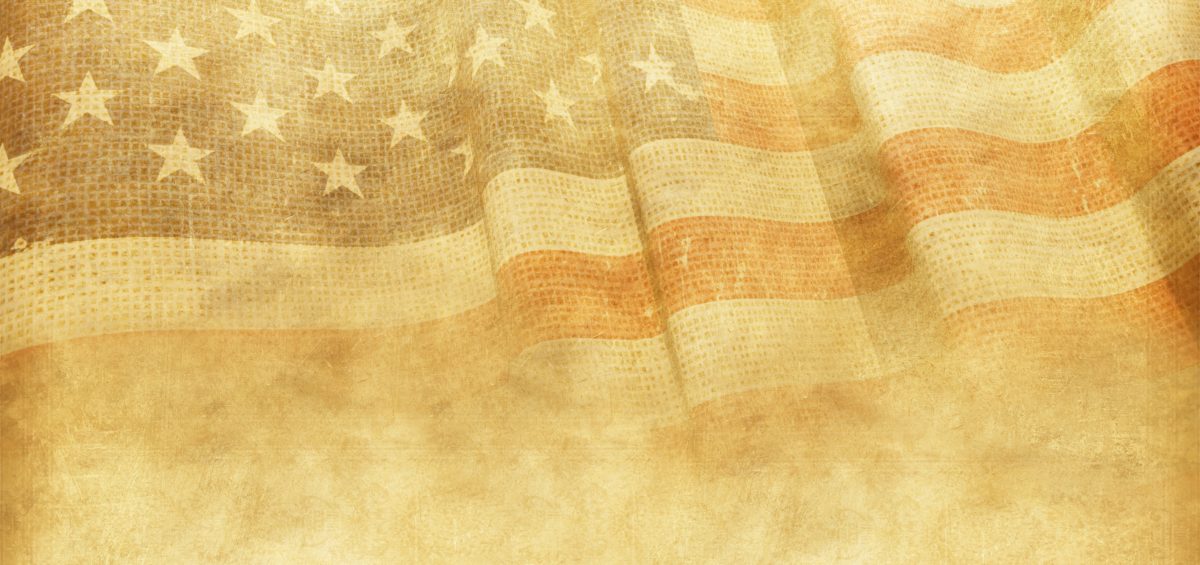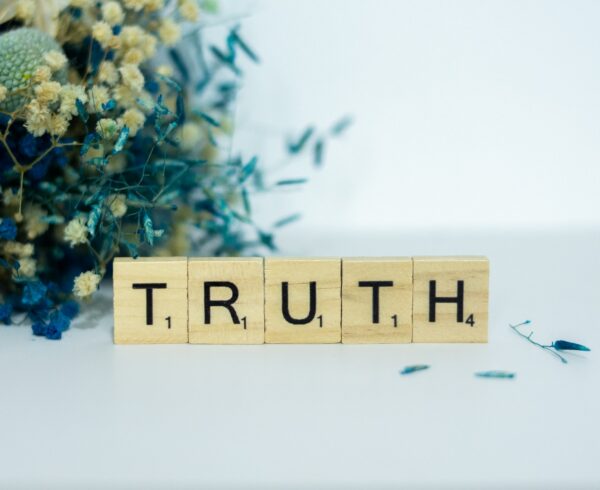Silencing the vulnerable
For those who are listening and attentive to the world around us, it’s often the loudest voices that get heard the most. Unfortunately, it seems, the louder you get and the more obnoxious you are can even get you elected president. Being loud has it’s place, but not when it neglects and silences the voices of the vulnerable in society.
Voices like the powerless, the outsider, the unprivileged, and the underpaid.
As a teacher of history, it’s important to me that students nurture their human sensitivities to hear the voices of the vulnerable. Both in our nation’s history and in current affairs. To not hear them is not only detrimental to them, but to the future generations they impact. When we don’t include their voices in our collective identity and story, we create a narrative of our nation that is only partially true.
Because the truth is uncomfortable, isn’t it? The truth is not easy to swallow. The truth forces us to stop and think. The truth forces us to think about what we are doing and why we are doing it. And how what we are doing and why we are doing it affects others around us.
It forces us to recognize that what we do in this world is never truly in isolation. A person’s isolation impacts people. Because where you could of or should of showed up, you didn’t. You let it go. You ignored.
But “ignorance is” not “bliss.” Ignorance is another way of saying “I’m perfectly fine living my life as is and I don’t need to be uncomfortable with someone else’s problems.”
Because when we begin to look at and give dignity to what is uncomfortable, we may need to make changes in our lives.
Remembering our national heritage
History is often told through the eyes of the conqueror. Through the wealthiest and most powerful in society. Such has been true in the telling of our own country’s history at various points in the past and at various locations around the nation. Doing so has created the faulty assumption of American exceptionalism, which as it turns out is a kind of nationalistic prejudice over and against all other nations and people groups from those nations.
But the tide is changing.
History texts are now being written to include the voices of the vulnerable. The conquered, not just the conquerors. The powerless, not just the powerful. The outsider, not just the insider. Whole movements over the last fifty years have made space for their voices to be heard. To affirm their God-given dignity and value.
Unfortunately, however, not everyone wants to hear the voices of the vulnerable. Ironically many of those who refuse to listen to the vulnerable come from a family lineage of those who were once vulnerable. Who were once outsiders looking in.
They have only forgotten it or perhaps ignored it.
They ignore their ancestral roots and the roots of our great nation. And their ignorance has grown to the point that the story they tell themselves and their children is much different than that of what actually happened. It’s a pretend story without ethical conflicts. Without displacement and prejudice and economic disparity. A story that ignores those who make their lives, well…less comfortable.
They have told this false narrative long enough that they now believe it.
But that story–the made up one–erases much of our nation’s history, complexity, problems and pain.
The people of this great nation deserve better than that.
The Native American population deserves better than that.
Migrants and their families (some of which are yours) who have come to the US since the early years deserve better than that.
Because where we come from and how we got here matters.
Don’t squander the telling of our history with false narratives.
Be brave and listen to the voices of the vulnerable.
And remember where you came from.
In Summary:
“So what’s this blog post about Peter?” you may be asking.
Glad you asked. It’s about not excusing injustice. It’s about learning to listen to others. It’s about putting yourself in someone else’s shoes. It’s about entering into other’s brokenness. It’s about learning to be human with yourself and with others. It’s about putting a stop to your ignorance. It’s about making a difference in the lives of others. And it’s about being a thoughtful reader of history. It’s about letting the uncomfortable story of our great nation sink in, inform and transform the way you live. That is what this post is about.
For some history texts and book recommendations, click on the following links:







